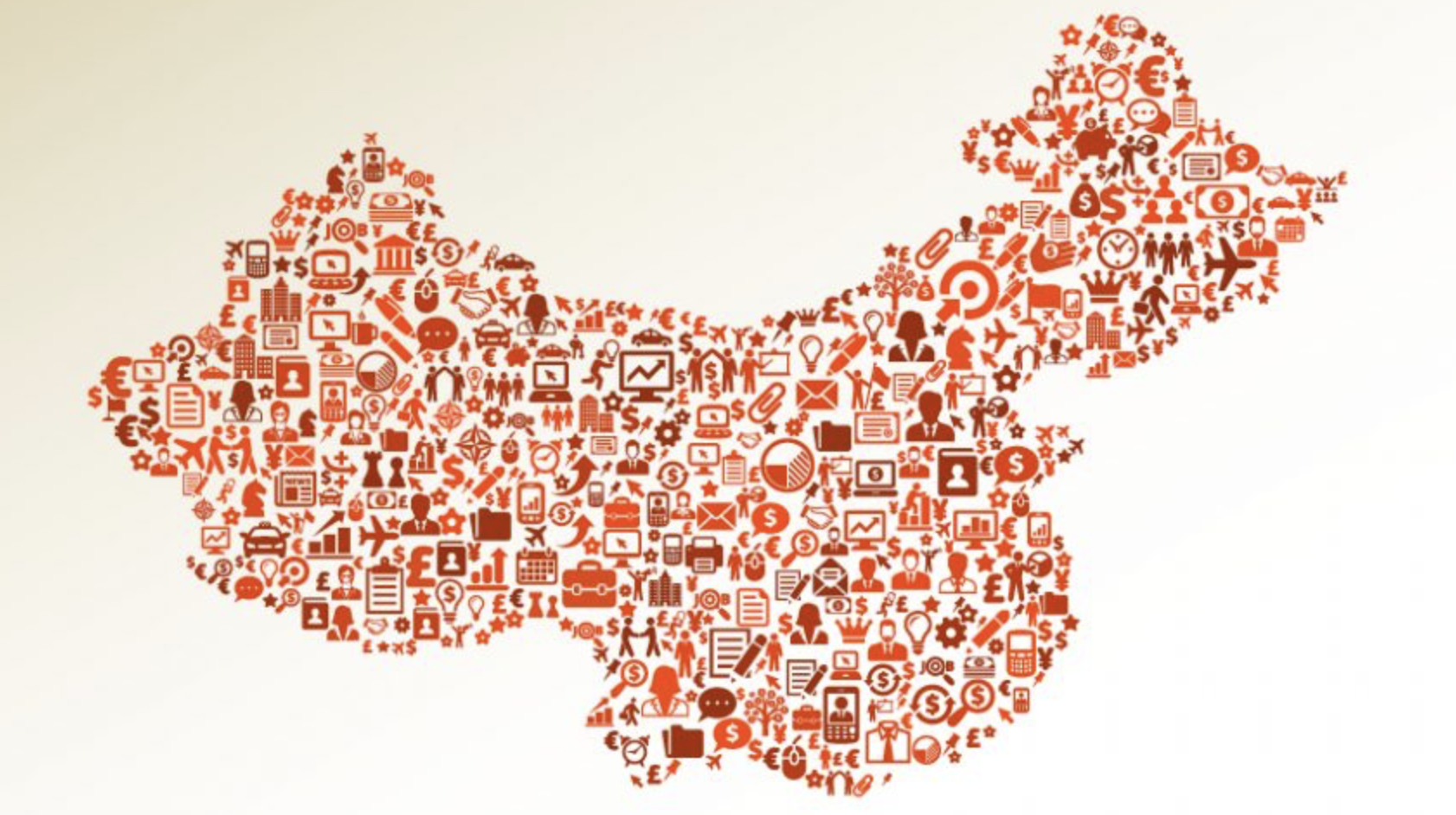Economically, things are not great in China. We can now safely assume that companies that were heavily weighted in the China market as a source of revenue are going to have a series of off quarters due to the economic challenges of the market in China. The spotlight will be on Apple, but it is not only Apple who will be by the China market decline.
NVIDIA released their own earnings revision citing China as a big reason for lowering guidance. I’ve also seen some notes from large banks issuing warnings on companies who are overly reliant on China from a market perspective. Given what is going on there, and it isn’t just the trade war, it does seem wise to be cautious on some companies revenue prospects.
While no market can be hot or hyper-growth forever, it is interesting in retrospect to look at a market like China which was a significant reason for the strength of many tech companies annual revenue performance. Concerning Apple specifically, few companies benefitted as much during a hyper-growth stage as the iPhone had from the China market. What was once an outspoken sign for optimism and growth is now a cause for concern.
I recently read several reports from different local Chinese economists, and there are few fundamental things happening in the market there worth understanding.
- Property Sentiment has shifted. A significant chunk of Chinese consumers have cited issues around concern for the economy, too expensive mortgage rates, or mortgage acquisition difficulty as main reasons for not pursuing purchasing housing. Property trends are often indicators of overall economic health and weaker trends and sentiment around property is a telling signal.
- Consumer debt has also been slowly rising. The concern around rising consumer debt is related to a bigger concern in an economic downturn where default rates could be higher. Local economists have not a rather sharp rise in consumer debt in China but do not consider it to be alarming quite yet.
- Retail sales have been all over the place. The months leading up to December were very concerning for economists, but then a slight bounce back in December eased some of the concern. There is a big question related to Chinese New Year spending, but most economists believe since singles day 11/11 broke records that it showed Chinese consumers are still spending around these peak spending seasons. However, the research reports point out that in many categories gross merchandise value dropped slightly suggesting Chinese consumers were not purchasing as many high price items but rather buying many moderately priced items instead. They are essentially using their budget for many things instead of one big purchase. This would explain the hit to iPhone sales.
These three fundamental things are the basis for some short term worry. The Chinese market grew fast, but it can also fall fast, and all eyes seem to be watching what happens there and if it gets much worse. These worries make for an interesting conversation about how influential the Chinese market has become global technology companies. A market that was still viewed as “developing” is now developed and a big enough market to massively impact tech giants.
Trade War Impact
Again, not all of the issues are related to the trade war but, without doubt, some sectors are being hit harder than others. On the positive side, from these local Chinese economists views, China has made progress in their efforts to depend less on exports. The China market is so large that many local companies can have thriving businesses solely operating in China.
However, it is hard not to see this hit the manufacturing market in China. Tim Bajarin explained in an article a few weeks ago about many key technology manufacturers already moving parts of their business outside of China. From a local survey of Chinese companies just over 50% of manufacturers–who export to the US–responding saying they have already moved some production overseas. 49% of those businesses cited the US trade war as the dominant or sole decision to move their manufacturing out of China.
While most the manufacturing is still done in China, then the minimum assembled elsewhere to be considered not a China export, what happens when this trade war works itself out? Will these businesses move that manufacturing back to China or will they find greener pastures in working with other countries who will embrace them with open arms and give them business and tax incentives? I’ve seen it argued some of those processes make never go back to China and that should worry Chinese officials.
A line of thinking that intrigues me is how this trade war can ultimately help a range of other countries and perhaps help develop some less developed ones quicker but also return some stagnant economies to growth. For example, Japan is a top country listed as a location where Chinese manufacturing is looking to be moved into. Taiwan, Korea, India, Vietnam, and Thailand are also among the top countries where manufacturing will be moving. These countries are wise to embrace this move with open arms and further incentivize these companies to put up shop in their country and ultimately help grow their economy.
What is currently, a concern for China could turn out to be an inflection point for global growth in countries who would not have had this golden opportunity if it wasn’t for this trade war.

This is my first time pay a quick visit at here and i am really happy to read everthing at one place
Taking on the China market challenge is an exciting opportunity for growth and expansion! With its vast consumer base and dynamic economy, entering the Chinese market can open doors to incredible possibilities for businesses. Embracing this challenge with strategic planning and adaptability can lead to remarkable success and lasting impact. Let’s dive in and embrace the adventure of tapping into the vibrant China market!